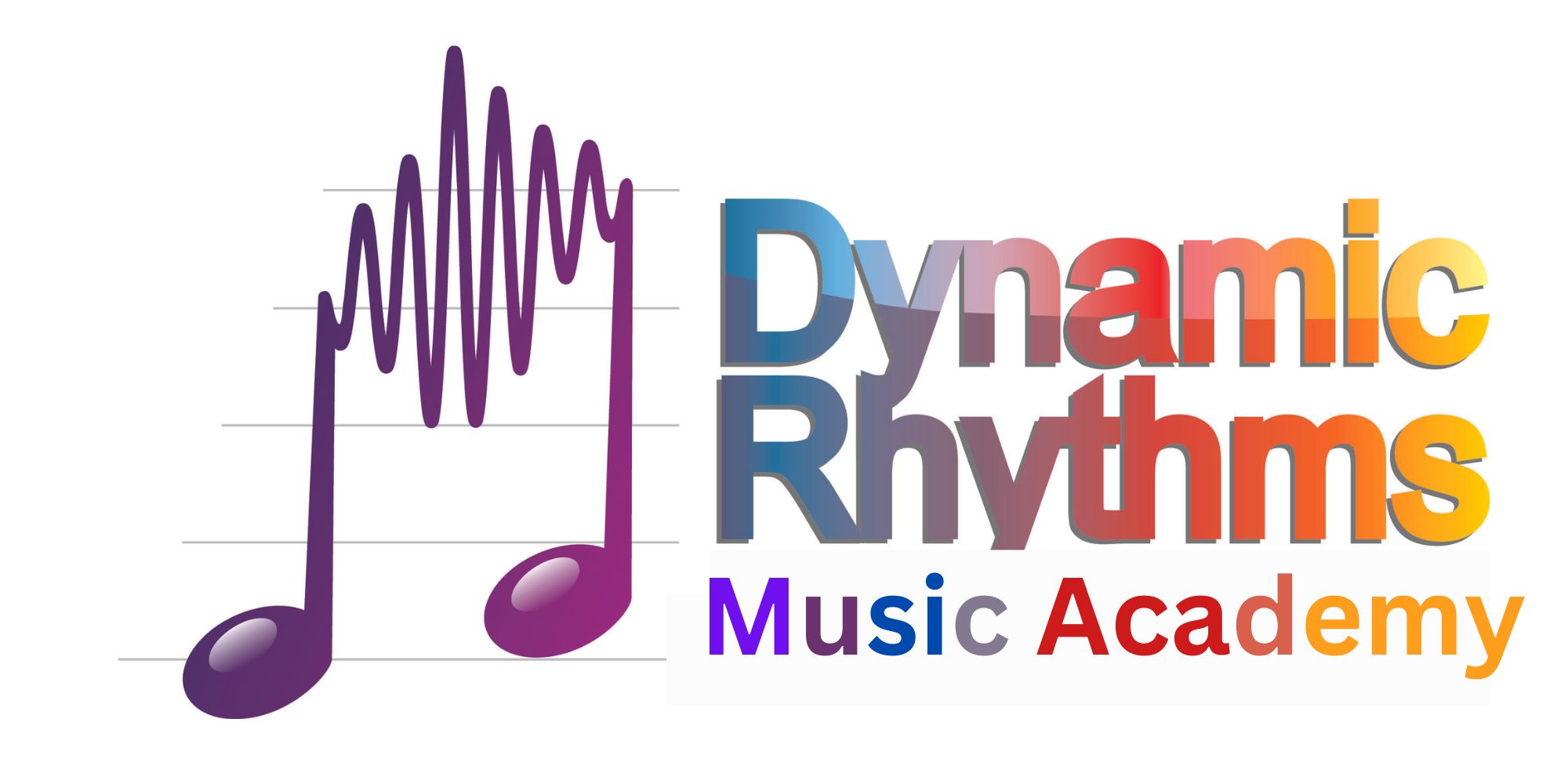
Danielle Glynn is one of our young violin teachers at Dynamic Rhythms Music Centre and has written a guest blog post. Danielle who has only just completed her HSC exams in 2015, offers her insight into her experience of choosing Music as a subject. Read on to find out if HSC Music is the right choice for you.
The HSC for many students is a year of stress and anxiety. After completing my HSC in 2015, I can say first hand that, whilst the HSC isn’t everything, when you are in your senior years those huge exams take up a huge part of your brain space and they don’t leave much room for anything else. But when picking the subjects that are going to be right for you, it’s important to weigh up the options for the right choice.
Music as a HSC subject is available in three different streams- Music 1, Music 2 and Music Extension. Music one is primarily a practical based course, with a focus on popular music. Music 2 comes for students with a prior music background, with a greater focus on musicology and Music Extension which is for dedicated musicians. Here are a few tips if you are thinking of choosing or have already chosen music for your HSC.
1. Music is a stress reliever
The HSC year is definitely a phenomenon. Not only are assignments piled on top of each other, but the constant underlying stress of exams, and the pressure to participate and get fully involved in your last year of high school, there is little doubt in both parents and students alike that it is a tense year. Being able to do music as a subject means that studying for the most part is practicing your instrument. This allows for a break from draining subjects and a chance to unwind. I found that I would use violin practice as the perfect excuse to procrastinate all my other school work.
2. Music is a major work, and it is one thing less you have to worry about during exam time
Music, unlike many other subjects, gives you the freedom of choice in what you do for your major work. The “practical” component of music, can be either performance, composition or a viva voce. Student’s, depending on what level of music they choose and what their strengths are, have a great deal of freedom in playing to their strengths. You also have your music practical exam sometime between Trials and the actual HSC exams, meaning that when it comes time for the big exams, a great deal of stress is off your music exam, knowing you have already gotten a large percentage of your mark out of the way.
3. Music is a performance
This is some important advice that I wish I had known before taking music as a subject in the HSC. Unlike subjects such as Maths, Science or History, there is no right answer in music. Each marker will see your performance in a different way, and sometimes this can be difficult when receiving marks back. However don’t let this discourage you from choosing it in the HSC. You get plenty of opportunities to perform and refine your work for your teachers, and it provides a great opportunity to get better. It is about finding a way to make yourself a performer. I found performing in the HSC very different to AMEB exams, as not all markers (or even any of them perhaps) will play your instrument. It is therefore about finding a way to make your performance as musical as possible. This makes exams much less technical and much more about performing- the sound you make is much more important than the notes you play
4. Music is social
Music classes are often small and tight knit. You become very close friends with the people in your class, regardless of how much you have had to do with them previously throughout school. Music also requires accompanists, and group performances. Working with your peers and accompanists are a great way to help you realise that you are not alone.
Ultimately whatever subjects you choose you must be happy, because as cliché as it sounds, they will be the ones that you go best in. The HSC is a difficult year, but you will get through it, so make sure you have fun and keep music up either way.
Blog Post written by Danielle Glynn
Follow Us Here.
Please share this.

